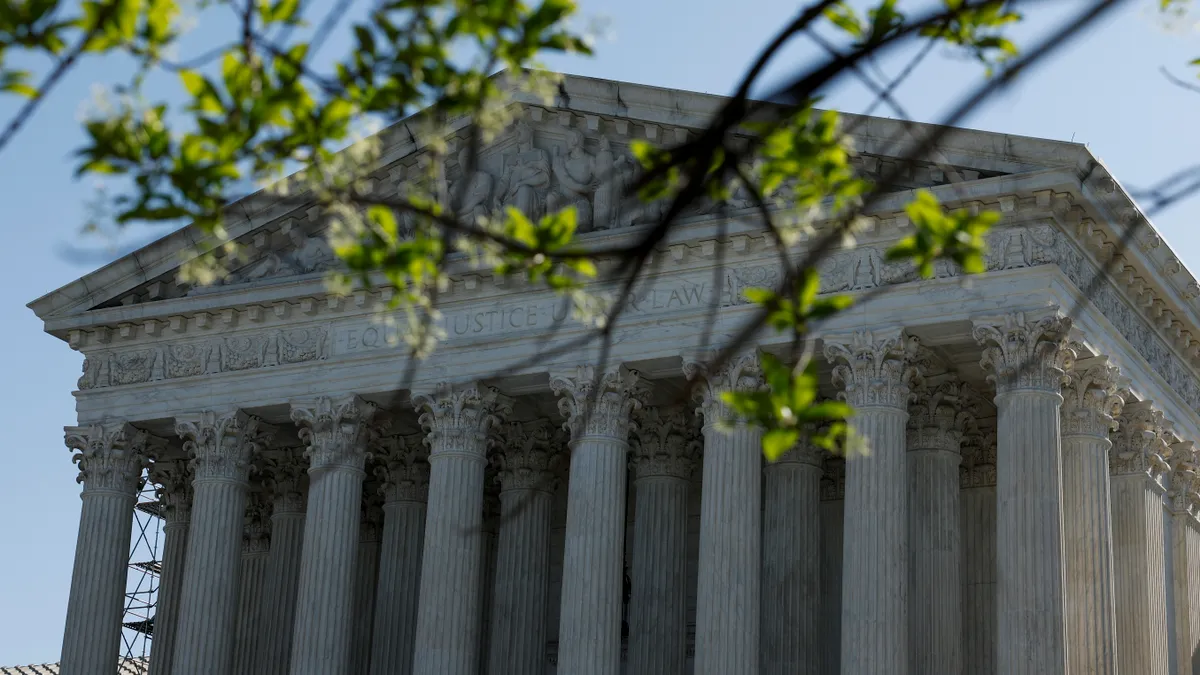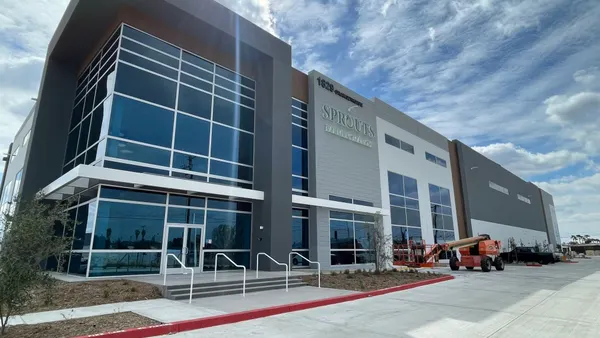New York City grocery chain Gristedes will pay a penalty of $400,000 after admitting and accepting responsibility for violating the Environmental Protection Agency’s refrigerant management regulations, the U.S. Department of Justice announced early last week.
The United States filed a civil lawsuit in Manhattan federal court against Gristedes claiming the grocer violated the Clean Air Act and the EPA’s Recycling and Emissions Reduction Rule (RER Rule) when it failed to comply with mandates meant to limit the emission of refrigerants. The United States and Gristedes simultaneously entered into a consent decree resolving the suit.
The lack of maintenance led to the grocer emitting more than 42,000 pounds of refrigerant leaks in its stores between 2019 and 2021. Gristedes maintained corporate-wide leak rates of 40%, 59% and 46% in 2019, 2020 and 2021, respectively, which led to such high emission amounts, the announcement noted.
“To give a sense of scale, Gristedes’ emissions had a global warming effect equal to driving a car 140,000,000 miles. As a result of our lawsuit, Gristedes is now required to reduce its emissions by over 70% from their 2020 levels to offset at least some of the damage it has caused, and it will face significant additional penalties under the Consent Decree if it fails to do so,” Damian Williams, U.S. attorney for the Southern District of New York, said in a statement.
In the consent decree, the grocer accepted responsibility for seven violations between 2019 and 2021, including failing to adopt or implement refrigerant management practices consistent with RER Rule, failing to repair appliances that had leak rates above applicable thresholds and failing to perform initial and follow-up verification tests to ensure repairs were successful.
In addition to paying a penalty of $400,000, Gristedes is required to repair its commercial refrigeration equipment, which will cost an estimated $13.5 million, according to the press release. The grocer also must adopt a comprehensive refrigerant compliance management plan, convert three stores to utilize advanced refrigerants with low global warming potential and lower its corporate leak-rate below 16%.












